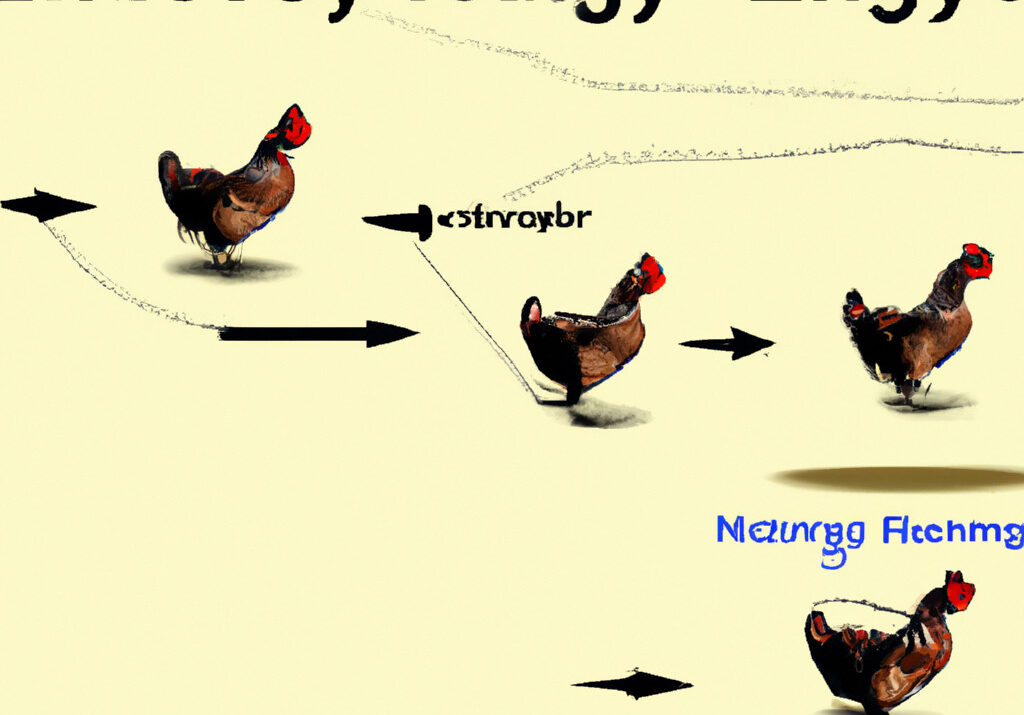
Introduction
The topic of focus in this article is the Hen Egg Theory in Africa, a fascinating concept that has triggered significant debate in the sphere of evolutionary biology. This theory, which is deeply rooted in African traditional knowledge systems, posits that the hen and the egg existed simultaneously, challenging the long-held scientific dilemma of “which came first, the chicken or the egg?”. This discourse is worthy of exploration due to three main reasons: Firstly, it offers a unique perspective on the evolution of species, particularly avian species. Secondly, it sheds light on the richness of African traditional knowledge systems and their contribution to scientific discourse. Lastly, it stimulates further research into the complexities of evolutionary biology (African Natural History, 2006).
Understanding the Hen Egg Theory
Rooted in African traditional knowledge systems, the Hen Egg Theory suggests a concurrent existence of the hen and the egg, contradicting the linear progression concept of evolution (Nordling, 2015). This theory offers a cyclic perspective, emphasizing the interdependence of the hen and the egg in a continuous life cycle, thus rejecting the “first” concept inherent in Western scientific discourse.
• The Hen Egg Theory propounds an alternate view of evolution, challenging traditional scientific narratives.
• It emphasizes the cyclic nature of life, underlining the interconnectedness of all life forms.
African Traditional Knowledge Systems
African traditional knowledge systems offer a rich tapestry of wisdom, much of which remains unexplored by Western science. These knowledge systems, including the Hen Egg Theory, provide a holistic view of life and nature, often intertwining scientific, spiritual, and socio-cultural aspects (Mbiti, 1990). The acknowledgement and exploration of these systems can significantly contribute to the global scientific discourse, thereby enriching it.
Implications for Evolutionary Biology
The Hen Egg Theory, if explored further, can potentially challenge and reshape our understanding of evolutionary biology. By rejecting linear progression and emphasizing cyclical life cycles, it could stimulate new research pathways, exploring the intricacies of interdependent evolutionary relationships (University of Cape Town, 2019).
• The theory has the potential to instigate novel research directions in evolutionary biology.
• It challenges the traditional linear progression concept, opening up the possibility of interconnected evolutionary relationships.
Conclusion
The Hen Egg Theory in Africa is a fascinating concept with the potential to reshape our understanding of evolutionary biology. In addition to providing a unique perspective on evolution, it underscores the significance of African traditional knowledge systems, thereby enriching the scientific discourse. There is a need for further exploration and integration of such indigenous knowledge systems into global scientific narratives (University of Cape Town, 2019).
References
African Natural History, 2006. African Traditional Knowledge Systems. https://journals.co.za/doi/abs/10.10520/AJA1816895X_206
Nordling, L., 2015. Africa’s Unsung Scientists Finally Get Their Own Journal. https://www.nature.com/articles/517139f
Mbiti, J., 1990. African Religions and Philosophy. https://www.academia.edu/37421039/African_Religions_and_Philosophy_Mbiti
University of Cape Town, 2019. Traditional Knowledge Systems in Africa. https://www.news.uct.ac.za/article/-2019-09-06-traditional-knowledge-systems-in-africa


